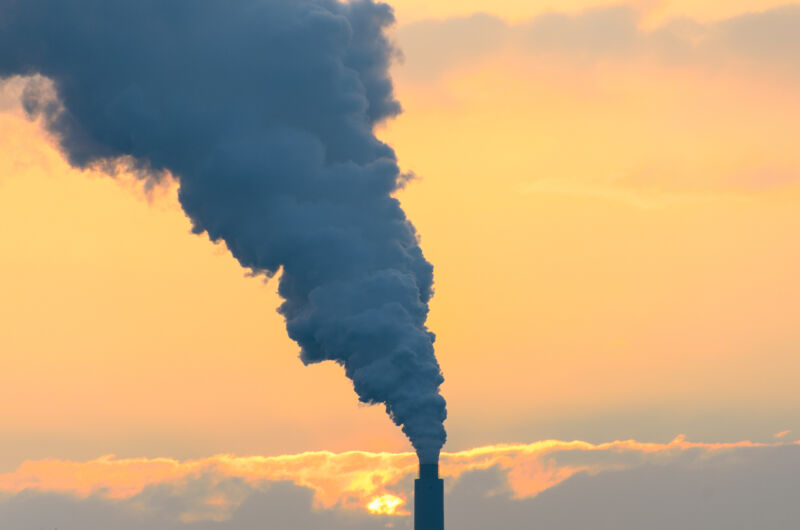EU plans to label natural gas and nuclear power plants “sustainable”

The European Union says it wants to “prevent greenwashing” among investors, but a new proposal may end up encouraging the behavior it wants to banish.
The European Commission put forward a plan today that defines what counts as a “sustainable investment,” something that’s all but required to manage a transition to clean energy. But to the chagrin of several EU countries, environmental groups, and asset managers, the proposal would allow both natural gas and nuclear to qualify as “contributing substantially to climate change mitigation.”
The split-the-baby approach came about because some countries, including Germany and Poland, lobbied for the inclusion of natural gas, while others, notably France, lobbied for nuclear power. Germany, which is in the process of shuttering its nuclear power plants, remains heavily dependent on coal and has been boosting its use of natural gas to “transition” away from coal. France, on the other hand, uses relatively little natural gas and gets nearly all of its electricity from nuclear power plants.
The end result appeased many EU countries, which tend to favor one fuel or another, but four, Austria, Denmark, the Netherlands, and Sweden, expressed their displeasure. “We are undermining the entire credibility of our Green Deal,” Bas Eickhout, a member of European Parliament from the Netherlands, told CNN. “And on the gas side, I really don’t see it. I fail to see the added value.”
Unhealthy proposal
Even people who had a hand in the plan aren’t happy. Andreas Hoepner, a professor at University College Dublin who helped advise the EU on the plan, told The Washington Post that the proposal was the equivalent of “calling french fries salad.”
While nuclear power is a true low-carbon fuel, producing lifetime carbon dioxide equivalent (CO2e) emissions on par with wind and solar, its inclusion as a sustainable energy source is controversial in Europe. Several countries, including Germany, Denmark, Austria, and Spain, oppose the construction of new nuclear power plants, mostly because of concerns about safety and waste storage.
Natural gas’s inclusion is controversial because it would encourage the construction of new power plants, facilitating the fossil fuel’s continued use for decades.
It’s not clear exactly how much of a climate benefit natural gas imparts over coal. While natural gas power plants emit less carbon than coal-fired ones, methane’s potency as a greenhouse gas means that leaks in the gas supply chain can drive its total emissions higher.
One optimistic study said that phasing out coal in favor of natural gas in Germany would cut emissions by 30 percent.
That’s not nothing, but proponents of the “bridge fuel” approach may be underestimating the length of the bridge. Earlier this year, Germany’s Constitutional Court required the government to rewrite its climate law because it found that it punted on the bulk of the emissions reductions, requiring future generations to make more onerous cuts. Locking in natural gas would have a similar effect.
Detailed requirements
The European Commission added a few details to the proposal that attempt to address concerns about both nuclear and natural gas. For nuclear, the plan requires countries to come up with waste storage plans before any investments can be considered sustainable. For natural gas, it requires plants to reduce their emissions intensities below 270 g CO2e/kWh and mandates increasing amounts of low-carbon gas (typically sourced from waste gas produced by landfills or manure). To get below the 270 g CO2e/kWh threshold, power plants can either install carbon-capture equipment or mix in low-carbon gas or green hydrogen. None of those approaches has been tested on a large scale, though.
Reviled though the plan may be, opponents face an uphill battle. They will need to convince at least half of the European Parliament or at least 20 of 27 EU heads of state to vote down the measure.
https://arstechnica.com/?p=1831261